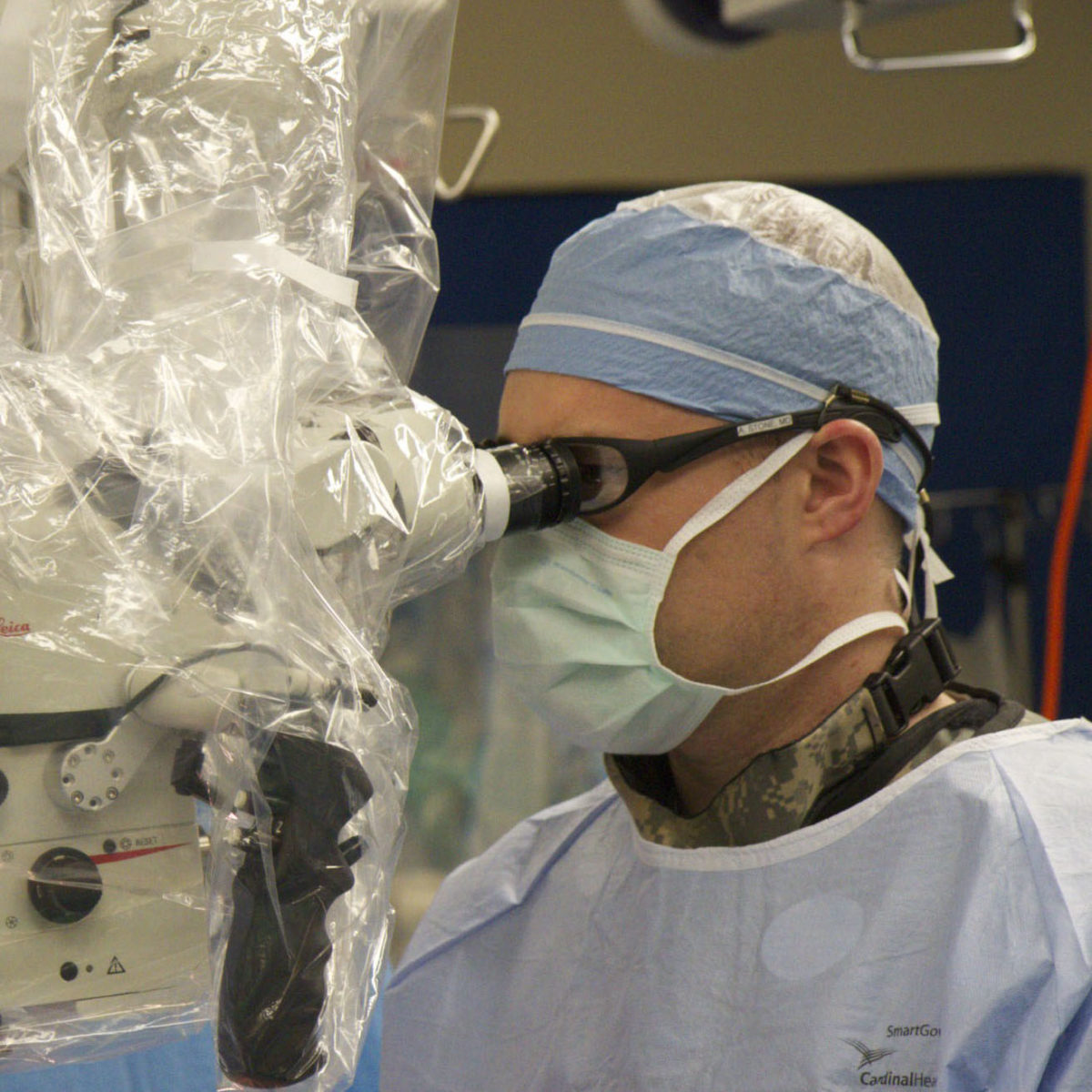Questions to ask your surgeon…
Patients should know their treatment options including non-operative treatments. This should be explained in detail by their surgeon. They should also know the potential consequences of not undergoing surgery. A second opinion is never a bad idea especially if their surgeon is recommending a fusion. No surgeon should be offended by a patient receiving a second opinion. Spine treatment recommendations can vary significantly between providers. Some surgeons are much more aggressive and tend to recommend fusion when less invasive options would suffice.

